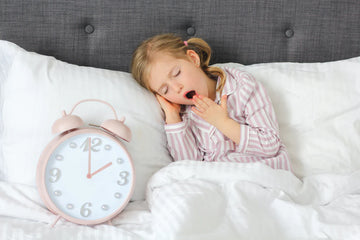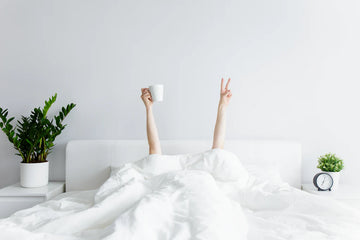The transition to daylight saving time means setting our clocks forward an hour, which can disrupt our sleep patterns and mimic symptoms of jet lag. Losing morning light and gaining more evening light can throw off our body’s natural rhythm, known as the circadian rhythm.
Tips for Adjusting to the Time Change:
-
Prepare for Sleep: Aim for eight hours of quality sleep to counteract fatigue.
-
Limit Stimulants: Avoid caffeine and alcohol close to bedtime as they can impair sleep quality.
-
Optimize Your Environment: Minimize light exposure before bedtime to encourage melatonin production.
-
Maintain Routines: Try to stick to your regular sleeping schedule as much as possible.
Adapting your routines and environment to the new time can help minimize the impact of the change and ensure better sleep during the transition.







